Strength and Fitness Articles
Borowick, a recently retired Drug Enforcement Administration (DEA) Special Agent and former New Jersey State Trooper (cumulative total of 27 + years), has authored several articles for Tactical Training and Conditioning, Police1.com and the American Military University.
Please reach out if you are interested in having Daniel write for your publication.
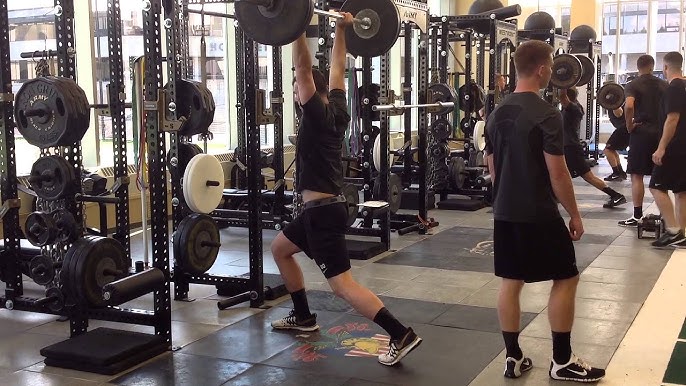
Functional tactical training adds muscular strength and endurance
Physical fitness trends evolve from decade to decade and the general population of society embraces one or the other as more progressive thinking assists us in more functional exercises for everyday life. However tactical athletes may need to be more functionally fit for optimal job performance compared to those in the general population who may…

Velocity-based training (VBT) methods for the tactical athlete
Velocity-based training (VBT) has become increasingly incorporated into mainstream sports and athletic training because of technological advancements and social media. But is there a place for it in training the tactical athlete? VBT is a great tool as it not only measures the bar speed or the power output an athlete is generating but it…

Youth-specific strength training methods
Strength training can provide a plethora of positive benefits to our youth as long as they are interested in strength training and the program that is directed for the adolescent is properly supervised preferably through the direction of a qualified strength and conditioning specialist or certified trainer to instill proper technique. The benefits that it…
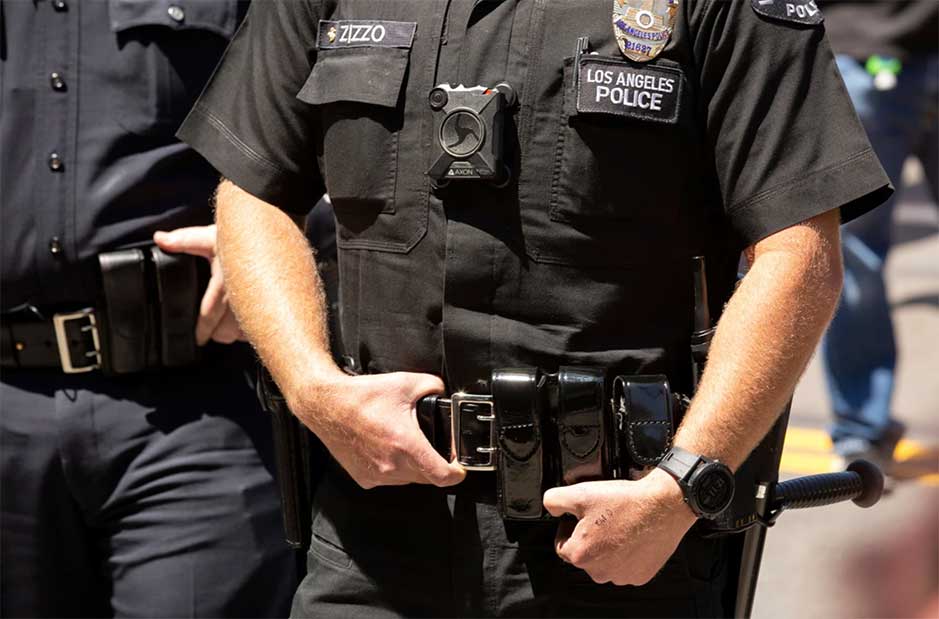
GPS technology helps law enforcement track health
In today’s world, the law enforcement field has benefited from not only technological advancements for tangible assets such as an officer’s duty gear, raid equipment, police vehicles, and computers to name a few but additionally the advancements have been seen in the domain of health and wellness. Throughout law enforcement, as the same in the…

Are you ready for ‘Tactical Tober?’
Are you ready for a new and exciting exercise program that will challenge you both physically and mentally as a law enforcement officer? Have you been contemplating a new routine that will not only offer a fresh experience but might also guide you toward a new fitness regimen? If so, are you ready for Tactical…
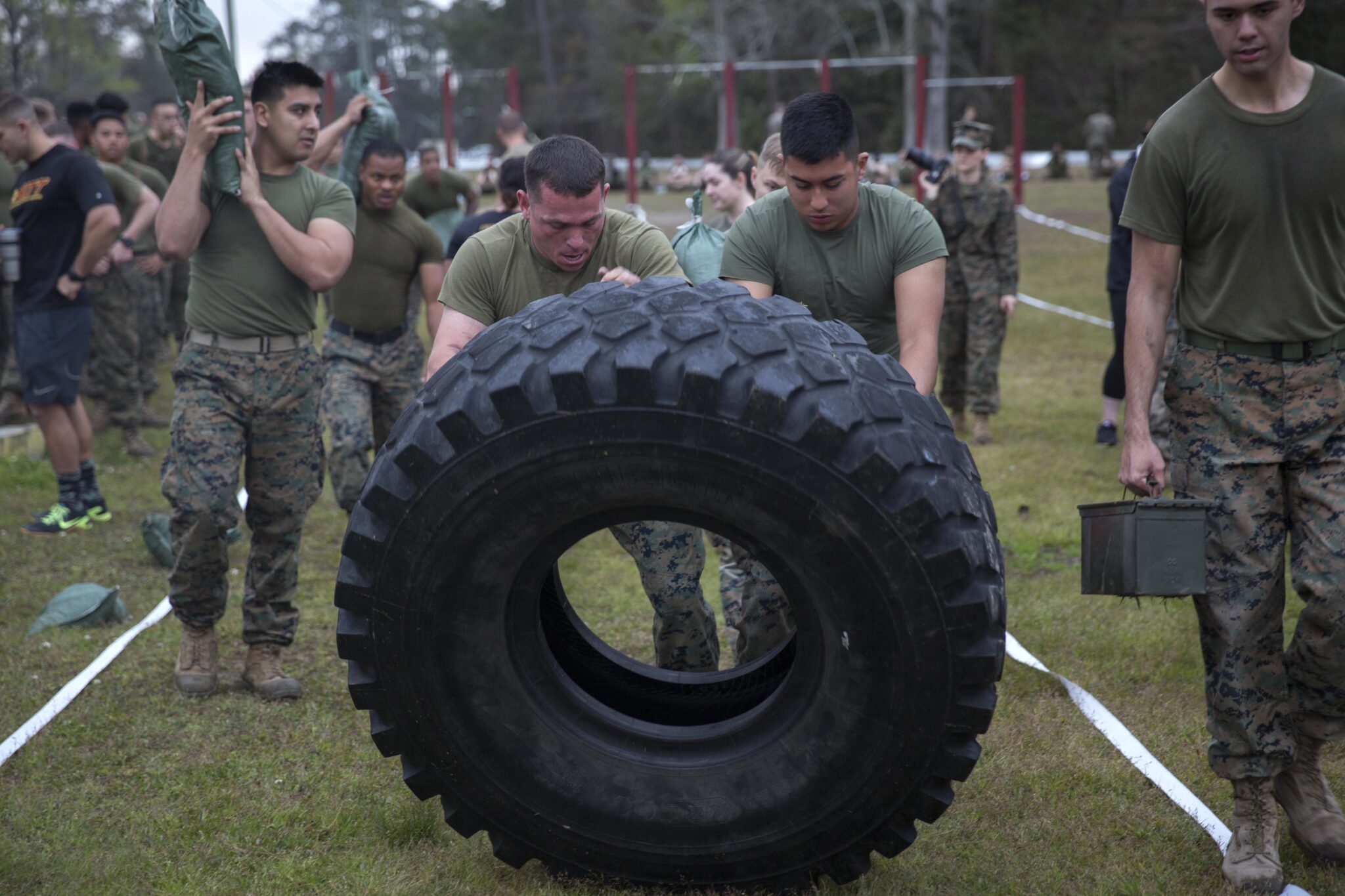
Mental preparation during tactical strength training
Throughout my professional life as a tactical athlete and a Certified Strength and Conditioning Specialist (CSCS), a keen adherence to mental preparation during tactical strength training has always been paramount both for myself and the tactical athletes I serve. Mental preparation is essential in the tactical athlete field of work when called upon at times…

Musculoskeletal injuries: The most common type of injuries sustained in law enforcement
First responder populations are known to suffer a relatively high number of musculoskeletal injuries. Musculoskeletal injuries consist of many complications affecting our muscles, bones, joints and connective tissues. They produce pain and a loss of daily functionality. Some of the most commonly sustained types of musculoskeletal injuries in the law enforcement community are swollen muscles,…
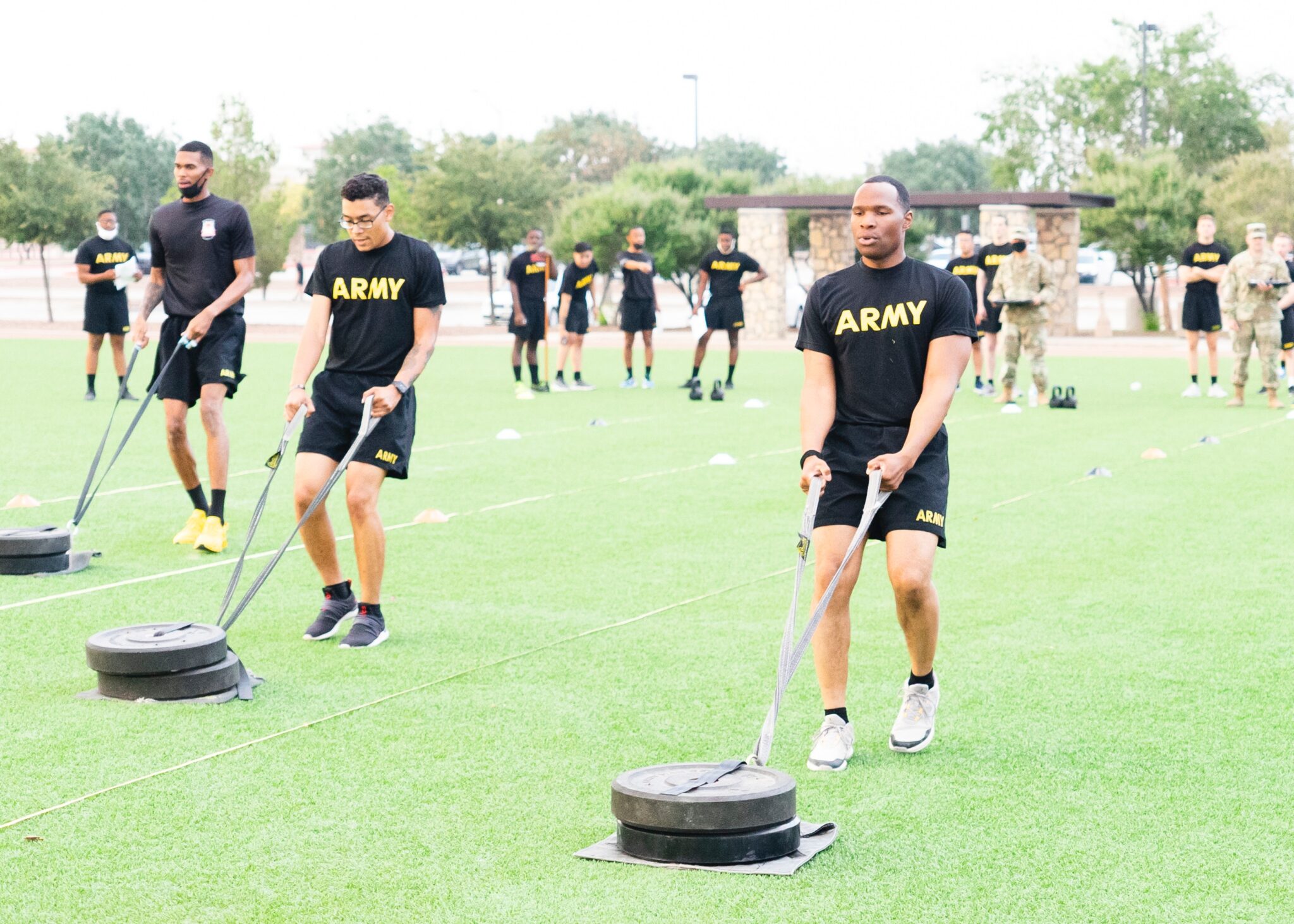
When to incorporate interval & HIIT workouts
How many times do we begin our day thinking that we have our daily workouts all planned out and our intended plan goes awry minutes prior to beginning our exercise? Or worse yet, as we are actually commencing our routine. When duty calls upon first responders — and it does always call — we will…

Prepare like a tactical athlete
For the men and women of law enforcement to fulfill their duties optimally, they have to prepare as tactical athletes and develop the athletic prowess to perform at a high-level day in and day out. The law enforcement professions are extremely challenging and come with a myriad of variables. No matter what an officer’s assignment…

When to utilize dynamic stretches
In preparation for a workout, whether it may be a weightlifting session or cardio-based, nothing serves the tactical athlete any better than a well-devised session of dynamic stretches. Dynamic stretches, as the name implies, indicate a robust sense of energy. They are active movements around a joint and its axis in which our muscles go…

Tactical Athlete Training Methods for First Responders
According to Strength and Conditioning Journal, the term tactical athlete is now a buzzword within the first responder community and tactical athlete training programs are emerging. To function effectively, tactical athletes need to possess extremely high levels of physical and mental fitness, comparable to (and sometimes even exceeding) fitness levels of elite sports athletes. A…
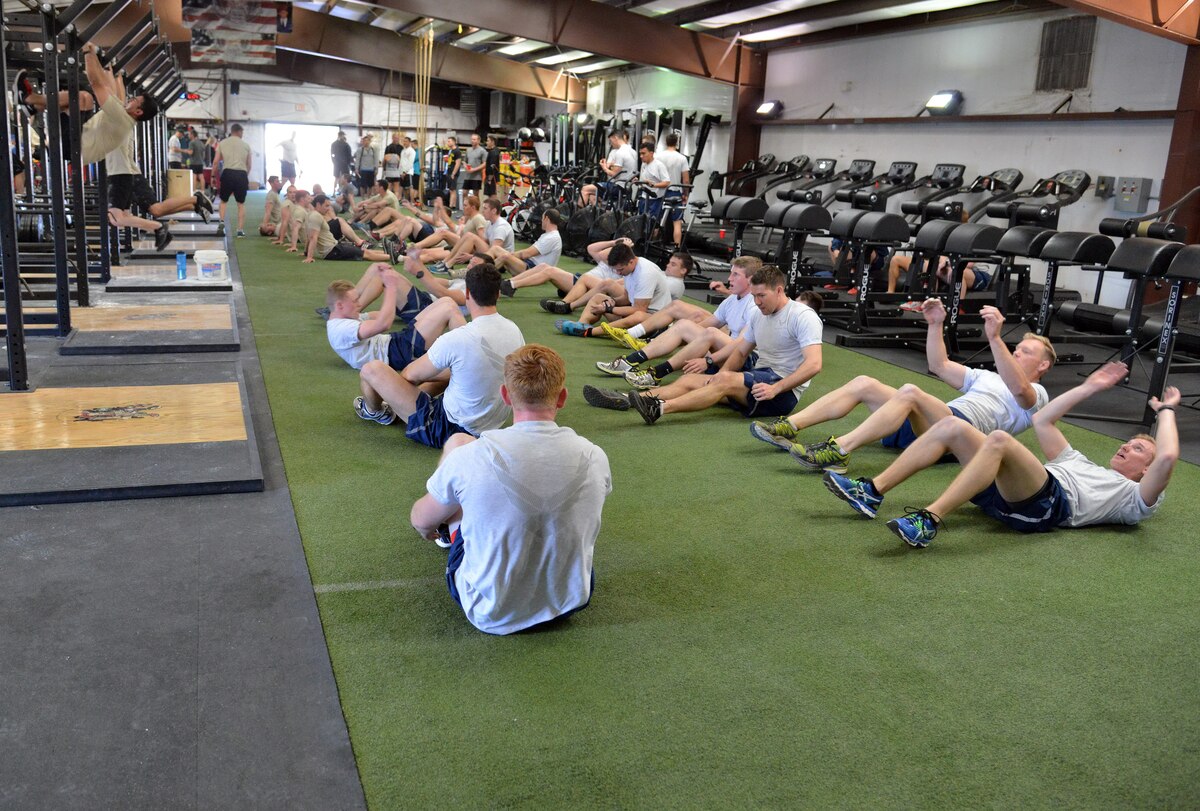
Preparing for the 2023 Maltz Challenge
The Maltz Challenge a very challenging physical fitness event, honors Air Force MSGT Michael H. Maltz, a pararescue specialist with the 38th Rescue Squadron, Moody Air Force Base, GA, 19 September 1960 – 23 March 2003, who perished in action with 5 fellow airmen during a medical evacuation of ill children in Southeastern Afghanistan. Since…

Exercise-Induced Rhabdomyolysis and Compartment Syndrome
Exercise-induced rhabdomyolysis (also known as rhabdo) is a potentially life-threatening syndrome that is especially prevalent in tactical athletes and sports athletes. Tactical athletes include first responders such as law enforcement, firefighters, servicemembers and other professionals who rely on their bodies to protect the lives of other people. Rhabdomyolysis is caused by the excessive breakdown of…

Requirements to Pass the DEA Physical Task Assessment Test
The Drug Enforcement Administration (DEA) is a federal law enforcement agency tasked with battling the trafficking and distribution of narcotics within the United States. To become a DEA Special Agent, applicants must first pass the DEA Physical Task Assessment Test, commonly known as the PTA test, in order to be accepted into the DEA Training…
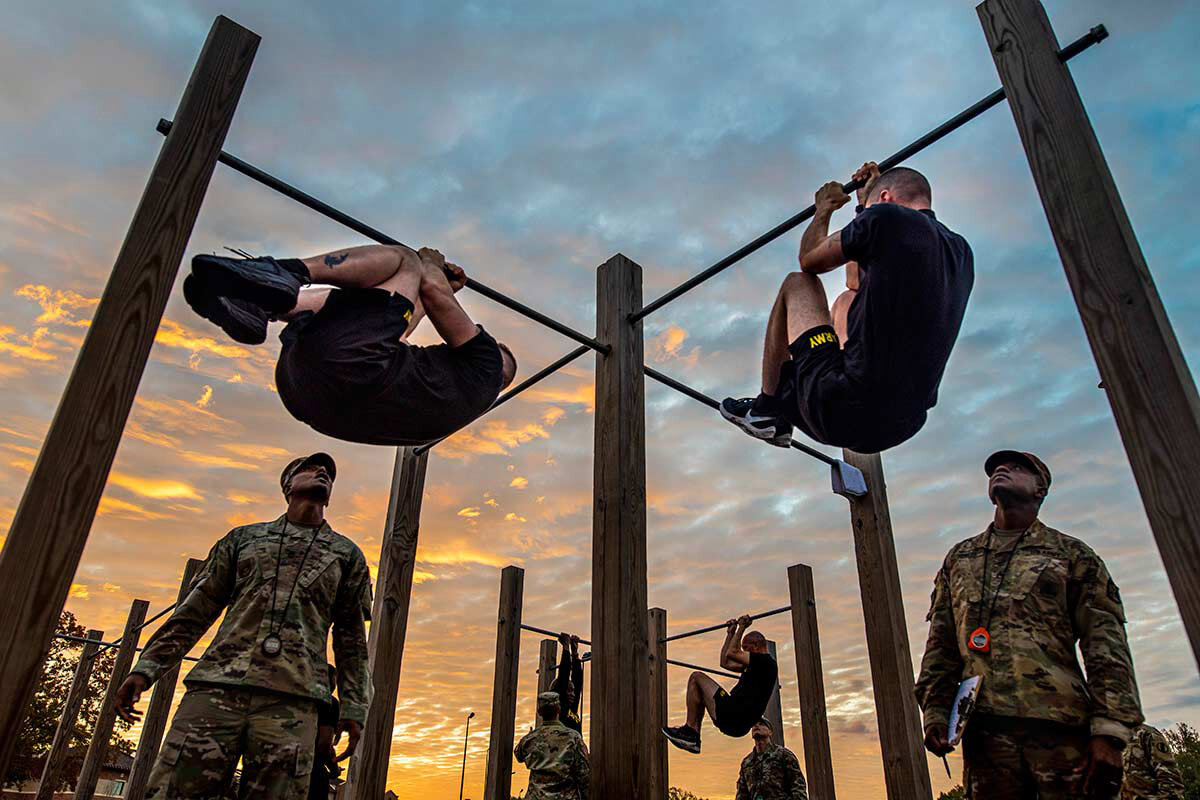
Can You Pass the DEA’s Physical Task Assessment Test?
The Drug Enforcement Administration, more commonly referred to as the “DEA,” is a United States federal law enforcement agency that is given the specific authority of focusing on and battling the trafficking and distribution of narcotics within the United States. The DEA has the authority to investigate, pursue and coordinate United States drug investigations that…
